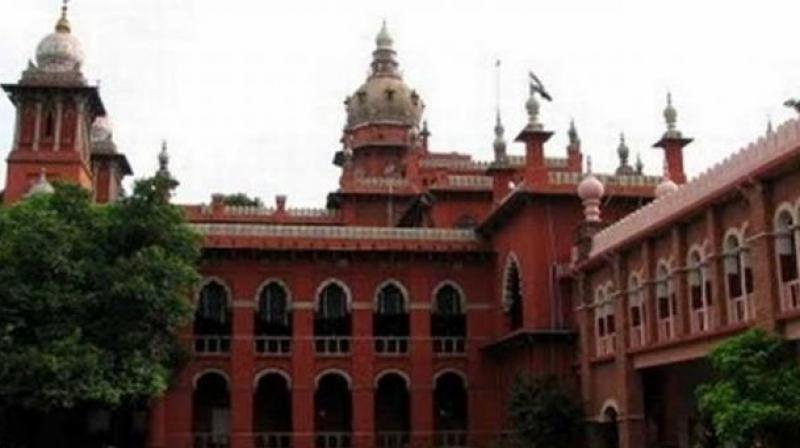Take decision to revise property tax in city: Madras High Court
Directive to commissioner of Chennai corporation.

Chennai: Taking note of the non-revision of property tax for more than 18 years in the city, resulting in a loss of more than Rs 1,500 crore and postponement of local body elections, the Madras high court has said the commissioner of Chennai corporation has to take a decision regarding the revision of property tax at the earliest to avoid continued loss to the corporation.
Justice N. Kirubakaran directed the commissioner of Chennai corporation and secretary, municipal administration and water supply department, to inform the court on August 21, as to when the revision of property tax in Chennai city municipal corporation would be made, failing which this court will be constrained to summon these officials. Passing further interim orders on a petition from K. Kulasekaran, the judge said the existing demand (in 2004) was Rs 264.92 crore and if general revision had been carried out in the year 2002, 2006, 2010 and 2014, the additional tentative demand would have been Rs 1,841.48 crore. “It is clear that the loss would be more than Rs 1,500 crore due to non-revision of property tax, because of failure of the elected representatives of the corporation of Chennai of the successive councils. Moreover, for the past two decades, the city of Chennai has developed a large extent and many IT companies, multinational companies and multi storied buildings have come up. If those properties are assessed tax, it would definitely fetch more than Rs 2,000 crore, whereas the present demand is only Rs 264.92 crore”, the judge pointed out.
The judge said it was stated by the corporation of Chennai that the revision of property tax was a policy decision which requires approval from the corporation council. “Citing the absence of council, the commissioner cannot postpone the revision of property tax endlessly causing huge revenue loss to the corporation which is responsible for providing better facilities, infrastructures to the residents of Chennai city, especially in vast extended areas”, the judge added. The judge said the powers were vested in the commissioner of Chennai corporation to discharge the functions of the corporation. Therefore, the commissioner of Chennai corporation was statutorily bound to do all acts which were ordinarily discharged by the Council, the judge added and posted to August 21, further hearing of the case.

